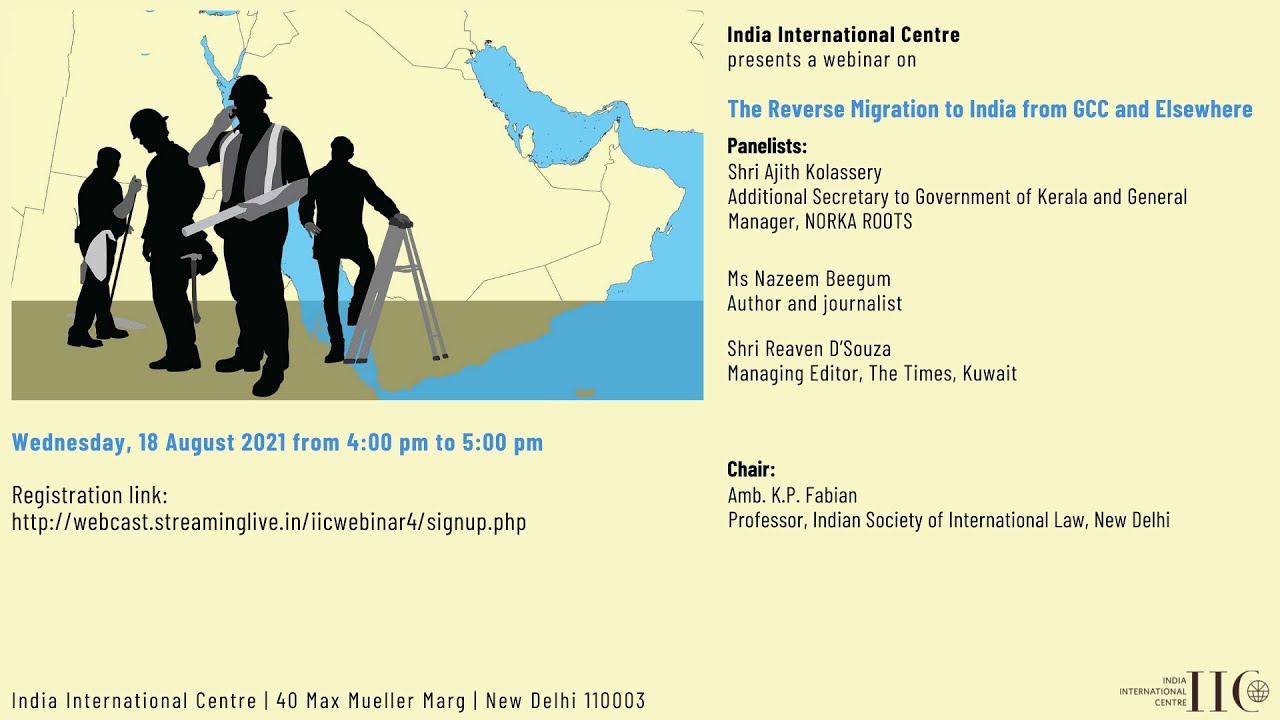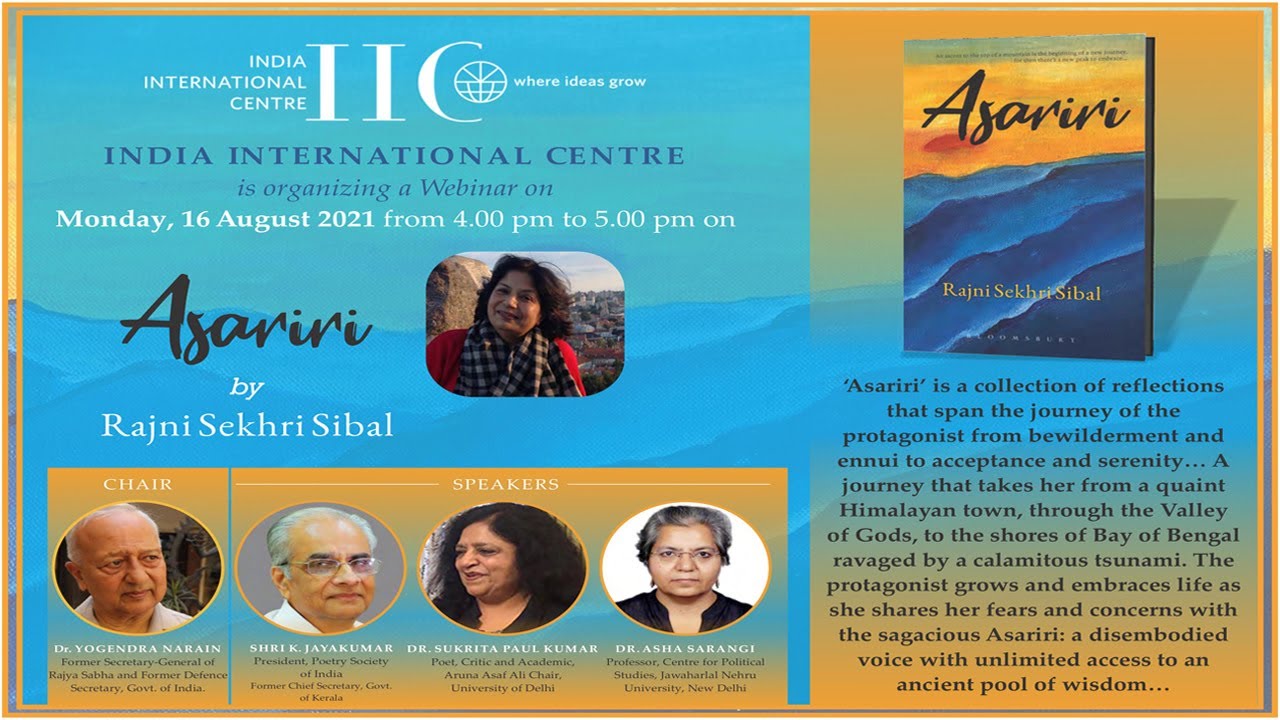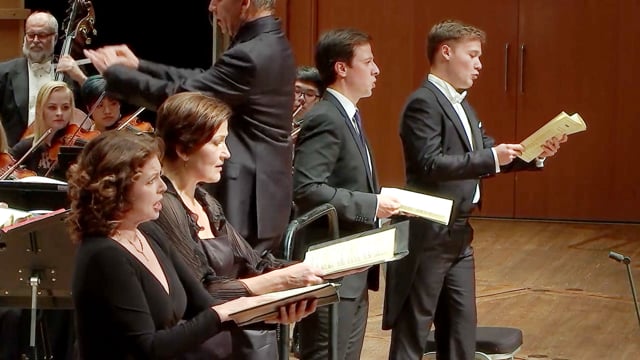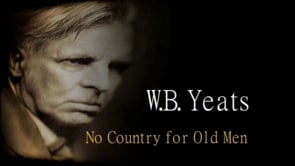In the Shadow of Time (Samayara Chhaire) | (59 min; 2016; Oriya with English subtitles)
Director: Shankhajeet De
Recipient of the 64th National Film Award for Best Documentary on Art and Culture, National Film Awards 2017. Feature length documentary film that explores the journey of the Ravanna Chhaya, shadow puppet form practised in Odisha. Popular for its interplay of translucent dark shadows, and the use of lyrical Odiya poetic rendition of the Ramayana. The fil puts forwards a persuasive voice of the present-day puppeteer reflecting the changes the tradition has undergone in the last 40 years in the name of keeping it alive.
https://www.facebook.com/IGNCA/videos/1046960122383158/
FILMS BY NINA SABANI
Hum Chitra Banate Hain | (8.50 min; 2015; with English subtitles)
A film by Nina Sabnani
“Hum Chitra Banate Hain” is an animated interpretation of an origin myth from the Bhil community in Madhya Pradesh, India. For the Bhil community painting is like offering a prayer and the film reveals why. The film is a collaboration between the indigenous artist Sher Singh from the Bhil community and film maker Nina Sabnani where they explore ways of telling together. The film won the National Award Rajat Kamal for the Best Animation Film for 2016.
https://youtu.be/s7S3wpf-XDM
Tanko Bole Chhe | (The Stiches Speak; 12.04 min; with English subtitles)
A film by Nina Sabnani
Tanko Bole Chhe is an animated documentary which celebrates the art and passion of the Kutch artisans associated with Kala Raksha. The film traces multiple journeys made by the participants towards defining their identities and towards forming the Kala Raksha Trust and the School for Design. The film uses their narrative art of appliqué and embroideries through which they articulate their responses to life, and events as traumatic as the earthquake and as joyful as flying a kite. Through conversations and memories four voices share their involvement in the evolution of a craft tradition.
https://youtu.be/CfjReP7SlnA
Baat Wahi Hai (It’s the same story/13.38 min)
A film by Nina Sabnani
In the film Baat Wahi Hai two storytellers argue about their version of a story on Shravan Kumar, as listeners are free to interpret it in their own ways. The art for the film uses the painted images from the wooden portable shrine called the Kaavad. The film is a collaborative work between traditional Kaavad storytellers and the Kaavad artists from Rajasthan, together with the filmmaker. A combination of animation and live-action, the film is an interpretation of two stories told by the storytellers, which are fused in the act of telling and retelling.
https://youtu.be/ab47VL1DAYY
Mukund and Riyaz (8.26 min)
A film by Nina Sabnani
Mukand and Riaz is a story based on the fragmented memories of Mukand who remembers and misses his friend Riaz, his childhood friend. Although their interests were different they were the best of friends. Riaz always looked out for Mukand and was very protective of him. When the partition of India and Pakistan happened in 1947, Riaz helped Mukand and his family to escape safely. Mukand was fourteen when he waved goodbye to his friend. The two friends never met again and the hope is that this film may bring them together.
https://youtu.be/g6C9HWVsNd0






















































